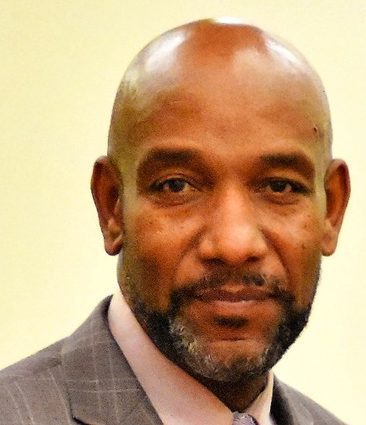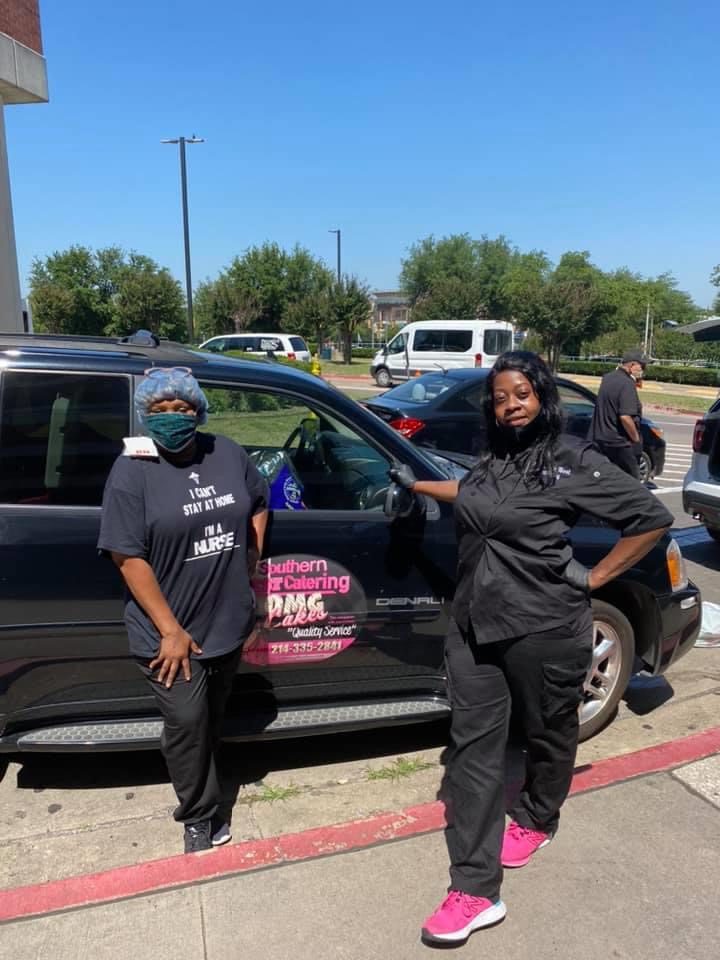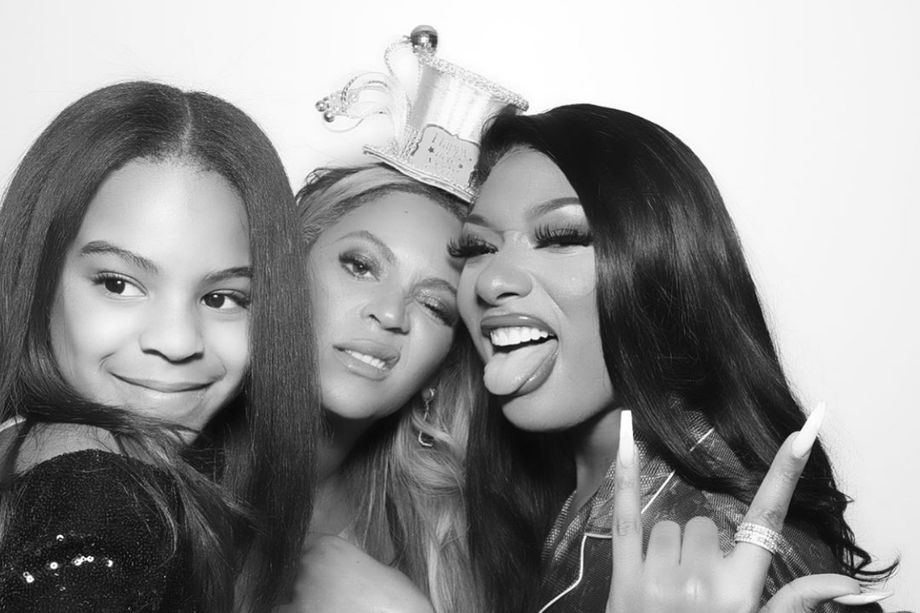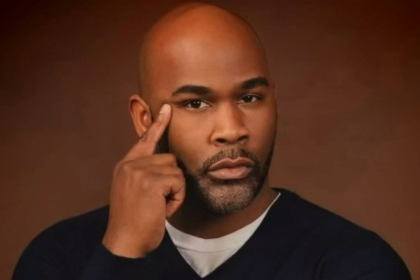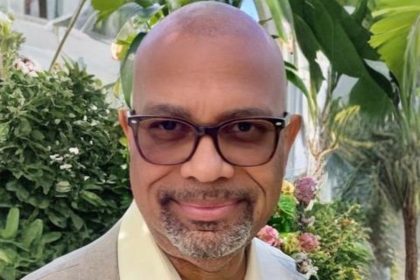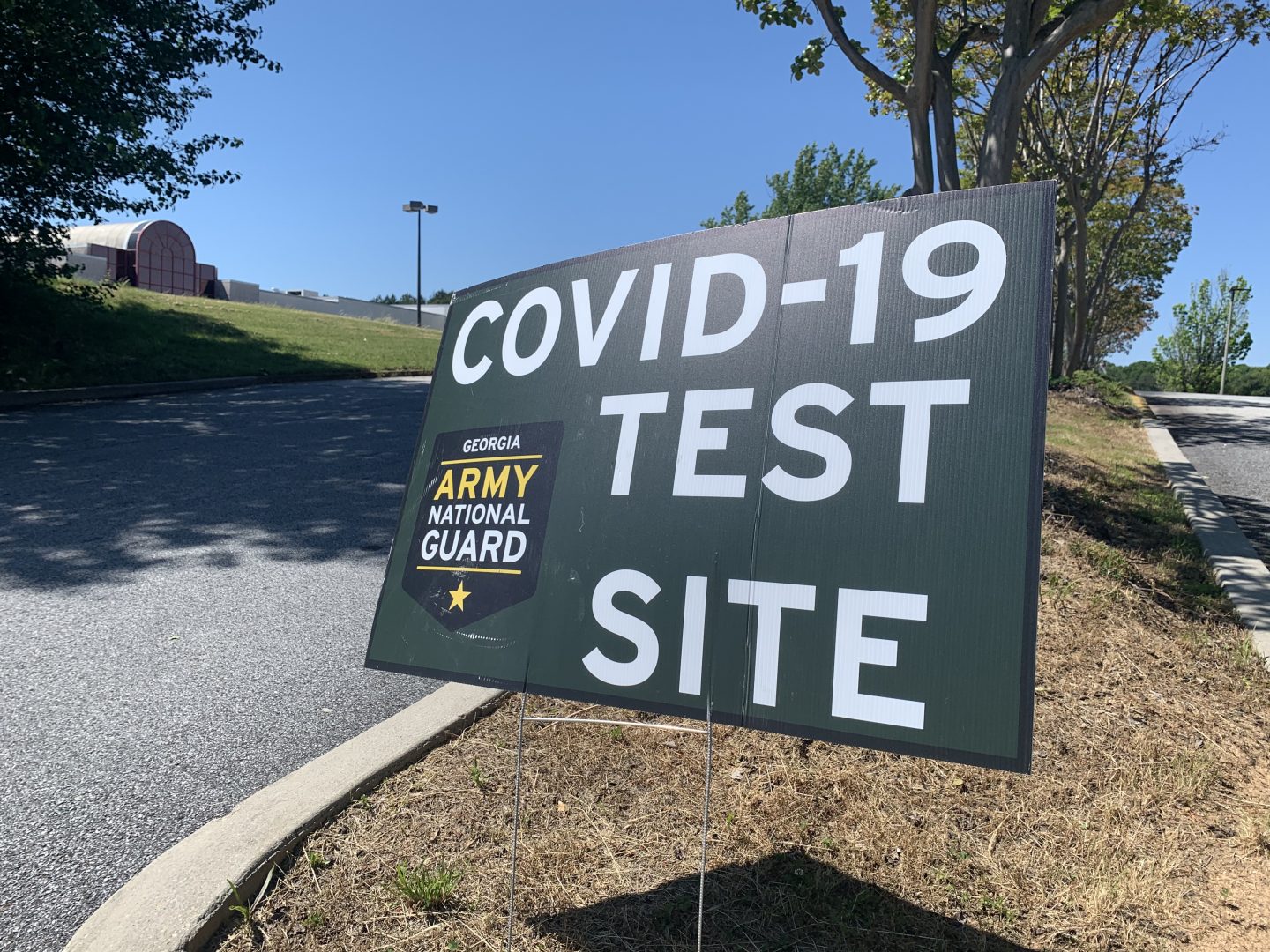
Vaccination vs. intubation: tackling COVID-19 vaccine hesitancy in the Black community
Words by: Dr. Bill Releford, DPM and Founder, The Black Barbershop Health Outreach Program & Black Limbs Matter
Black Americans have a long and troubled history with the medical system, stemming from decades of systemic racism and lingering mistrust from events like the infamous Tuskegee Study. Undoubtedly, these two factors cause health disparities between Black and non-Black Americans, but the COVID-19 pandemic is only exacerbating them.
As a doctor, I see firsthand how COVID-19 is disproportionately impacting our Black community, and I cannot underscore enough that with the emerging Delta variant, we need an all-hands-on-deck approach to overcoming vaccine hesitancy in order to stop the spread of the deadly disease.
I specialize in amputation prevention in high-risk populations, particularly African Americans living with diabetes. Research and data shows that people living with diabetes have an increased risk of hospitalization and developing the most severe complications from COVID-19. Furthermore, the rate of amputations soared during the pandemic due to a decline in the frequency of doctor visits for vital wound care, and minority populations – primarily African Americans – are currently the most at-risk population for amputations across the U.S.
To better protect my patients and my community, I am encouraging every patient I see to get vaccinated. But recently, I started encountering a number of patients, many of whom are at a much higher risk of developing life-threatening complications if they were to get COVID-19, who are voicing misinformed disapproval for the vaccine and reacting strongly against my suggestions to get vaccinated. I know that the lack of Black health care providers is one of the reasons for vaccine hesitancy, and that’s why I try to level with every patient I see about the serious risks of COVID-19 and the safety, efficacy and benefits of the vaccine.
Although these conversations can be difficult, I’m encouraged every time I’m able to use the science and research we have available to reach patients who are unsure about the vaccine and motivate them to get the shot. But one conversation with a doctor may not be enough for those who are still on the fence, no matter their reasons.
Read more on the following page.


